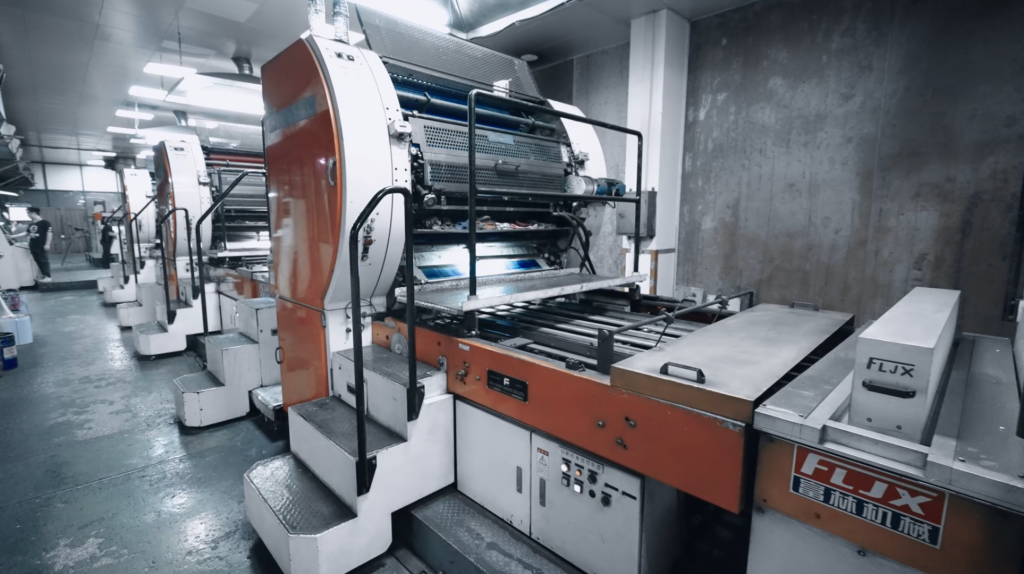
When the production manager of a European skincare brand approached us for 100ml custom tinplate aerosol cans, her first concern was clear: “Last year, 3% of our cans leaked during shipping to Northern Europe, and customer complaints jumped by 15%.” This isn’t an isolated issue—whether for moisturizing sprays, baking release oils, or medical disinfectants, the seal integrity of tinplate aerosol cans defines a brand’s reputation. As a manufacturer specializing in custom tinplate aerosol cans, we frequently field questions about seals from clients. Let’s break down why seal integrity matters, using real-world scenarios.
1. Why do tinplate cans need stricter seal standards than plastic ones?
A client once asked, “Plastic cans are lighter—why are tinplate cans held to higher seal standards?” The answer lies in tinplate’s unique properties: while tinplate offers excellent corrosion resistance and ductility, it’s stiffer than plastic. If a tiny gap forms in the seal (e.g., when moving from a tropical warehouse to a cold supermarket), tinplate can’t “flex” to close the gap like plastic, leading to leaks. More importantly, most custom tinplate cans hold high-value products—for example, a 50ml custom tinplate can for a luxury perfume might cost tens of euros per unit. A seal failure that causes fragrance evaporation translates to direct financial loss, making seal integrity critical for tinplate cans.
2. What real problems do poor-sealing tinplate cans cause for brands?
A North American client once reported that their 200ml food-grade tinplate aerosol cans, used for olive oil spray, developed a rancid smell mid-shelf life. The issue? Inadequate crimping between the lid and can body, which let oxygen oxidize the oil. From our experience, poor seal integrity leads to three major issues:
- Safety risks: For alcohol-based disinfectants, leaking cans can release flammable vapor—one Southeast Asian client had to halt shipments last year after disinfectant fumes exceeded safe levels in a delivery truck.
- Quality loss: Vitamin E sprays in poorly sealed cans oxidize quickly, leaving customers disappointed when the product “stops working.”
- Waste costs: An industrial client’s 300ml rust inhibitor cans (custom-made for heavy machinery) lost pressure due to faulty valve seals—12% of the batch was scrapped, costing over $20,000.
3. Which custom tinplate can processes affect seal integrity?
Many clients assume “seals only matter for lids,” but four key stages of customization determine final seal quality. Below is a breakdown of seal control priorities for common custom requests:
| Customization Stage | Example Request | Seal Control Focus |
| Can Shape Design | “Slim 150ml can for travel size” | Evenness of the can body weld to prevent uneven crimping |
| Valve Matching | “Can for thick hair gel” | Seal ring material (must resist gel corrosion) |
| Printing Process | “3-layer UV printing on can body” | Ensuring no ink residue on the can mouth (blocks proper sealing) |
| Capacity Customization | “30ml small medical can” | Leak testing of the can base to avoid tiny pinholes |

4. A key consideration: How to balance “looks” and seal integrity for custom tinplate cans?
A luxury brand once requested a “transparent window” on their tinplate can—they wanted customers to see the spray color, but also needed perfect seals. Our solution? We used food-grade PET film, bonded it to the tinplate with a double-press process, and added a nitrile rubber seal around the edge. The final step: 72 hours of pressure testing (simulating 3 months of storage) to ensure no leaks. This shows why brands should share all design needs upfront—adjusting for aesthetics mid-production can compromise seals.

5. How to ensure your custom tinplate cans meet seal standards?
As a custom manufacturer, our approach is “full-process testing + tailored adjustments”:
- Choose seal materials based on the product (e.g., acid-resistant seals for medical sprays, oil-resistant seals for food products).
- Sample-test every 100 cans with a “water bath test” (submerging cans in 40℃ water to check for bubbles).
- Provide a seal integrity report before delivery, with leak rates (our standard: ≤0.1%).
For brands, partnering with a manufacturer that offers end-to-end testing is the best way to avoid seal issues. Custom tinplate aerosol cans aren’t just about “looking good”—seal integrity is the backbone of product success. By prioritizing seals during customization, brands can reduce complaints, cut waste, and build trust with customers.


